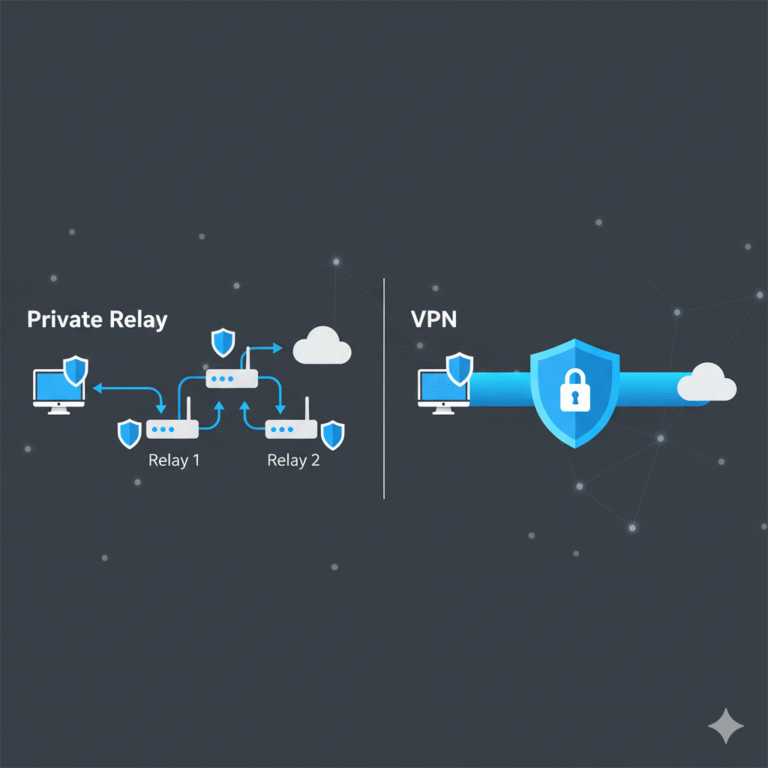This article answers the core question: can a vpn bypass an ip ban? We dive straight into how VPNs work in these scenarios, when they succeed, and what additional tactics or limitations apply.
How does a VPN bypass an IP ban?
A VPN (Virtual Private Network) masks your original IP by routing your traffic through another server. When you connect to a VPN server, websites see the VPN server’s IP, not yours, effectively bypassing IP-based blocks.
Key points:
- VPNs encrypt all traffic, hiding both IP and content.
- Blocks based solely on IP can be bypassed by connecting to a different server location.
- Most mainstream VPNs offer vast server networks to choose from.
Why might a VPN fail to bypass an IP ban?
Yes, VPNs sometimes fail—even when your IP appears changed. Competitors rank low when addressing can a vpn bypass an ip ban without caveats. Here’s why:
- VPN detection systems
Anti-fraud systems and firewalls (e.g. the Great Firewall) can identify VPN traffic via DPI or fingerprinting. - Browser/device fingerprinting
Sites track users by browser configuration, cookies, fonts, and other metadata. A VPN alone won’t change these. - Shared IP issues
Popular free VPNs use shared IPs—if one user is banned, all sharing that IP are blocked.
Can a vpn bypass an ip ban from highly restricted countries?
Yes—but not always easily. In regions like China, advanced detection systems actively block VPN connections at handshake.
Tips for success:
- Use obfuscated VPN protocols (e.g. Obfs4, SSL tunneling).
- Switch servers frequently.
- Combine with privacy hygiene (clear cache/cookies, new browser session).
What extra steps boost success when using a VPN?
Even top-ranked pages underscore that bypassing an IP ban works best when layered with other tactics:
- Clear browser cookies and cache before reconnecting.
- Check for DNS/leaks using tools like ipleak.net.
- Change user-agent or device fingerprint.
- Consider rotating proxies or Tor for added anonymity.
- Reset your router if your ISP uses dynamic IP addresses.
Is a VPN the best tool to bypass an IP ban?
Can a vpn bypass an ip ban? Often yes—but “best” depends on context:
- General browsing/streaming: VPN works well.
- Scraping and automation: Rotating residential proxies or VPN + proxy combo is stronger.
- High-security environments (censorship): Obfuscated VPNs, Tor, or forensic services necessary.
What are legal and ethical considerations of bypassing IP bans?
Your intent matters. Lawful bypassing means:
- Avoiding site violations or laws.
- Appealing bans or requesting access directly from the service.
- Using VPNs within terms of service.
Illegal activities remain punishable even with a VPN.
How do you pick a VPN that actually bypasses IP bans?
Choose based on these criteria:
- Obfuscation support – hides VPN use.
- Large, clean IP pool – reduces shared IP risk.
- No-logs policies for privacy.
- Fast speeds for browsing safety.
- Global server coverage for location flexibility.
Example providers noted for bypass capability include ExpressVPN, NordVPN, Surfshark, CyberGhost.
You can also check our NordVPN Review: Top Features & Performance in 2025 for detailed performance insights.
Can a VPN bypass an IP ban on specific services or platforms?
Streaming (like Netflix): VPNs work in many cases, but some platforms block VPN IPs. For geo-unblocking, review streaming-focused VPN comparisons.
Forums or social media: Sites that track login data or device fingerprints may detect your new session. Try making a fresh account, switching user-agents, and clearing cookies.
For torrents or P2P, secure VPN+port binding is essential:
- Learn how in our how to bind qbittorrent to vpn for secure torrenting guide.
Conclusion
To recap, can a vpn bypass an ip ban? In many cases, yes—but with important caveats. To maximize success:
- Use a reputable VPN with obfuscation and clean IPs.
- Combine it with good privacy hygiene.
- Rotate your tools and consider proxies or Tor for advanced scenarios.
- Always stay within legal and ethical boundaries.
If you’re just starting, try a powerful multi-server VPN. But for high-security or automated use, better protections like obfuscated VPNs and rotating proxies are essential.
Let me know if you’d like breakdowns on specific platforms or use cases!



